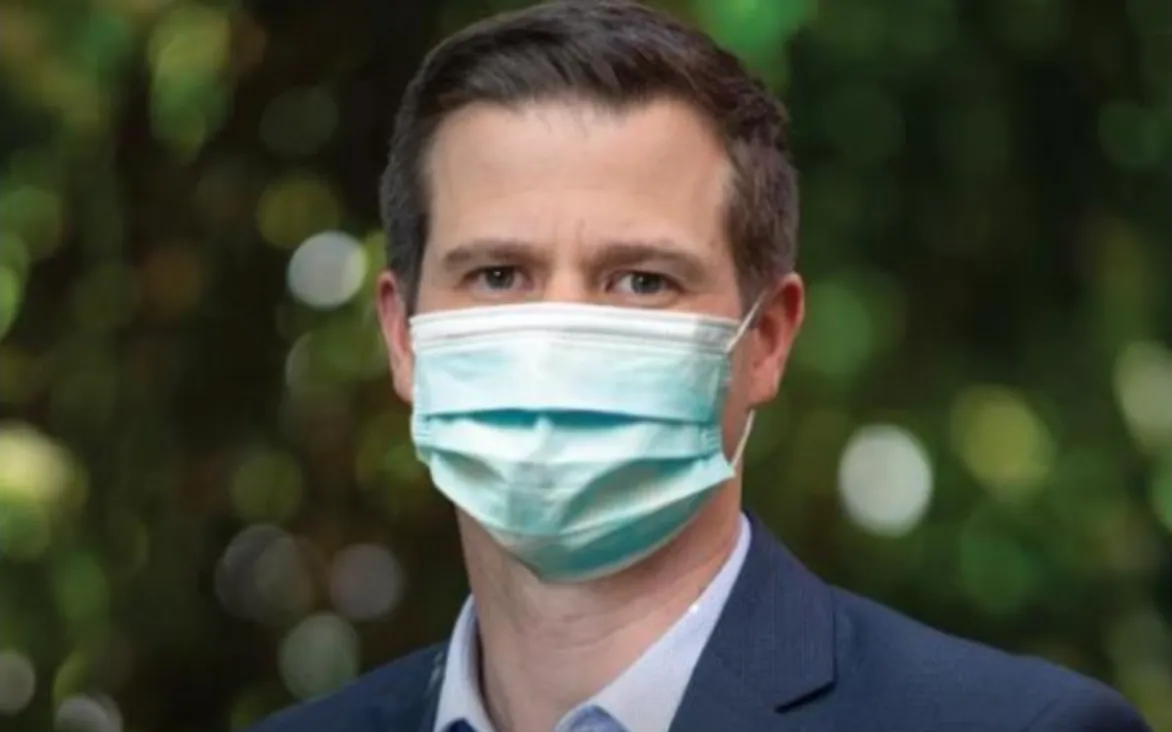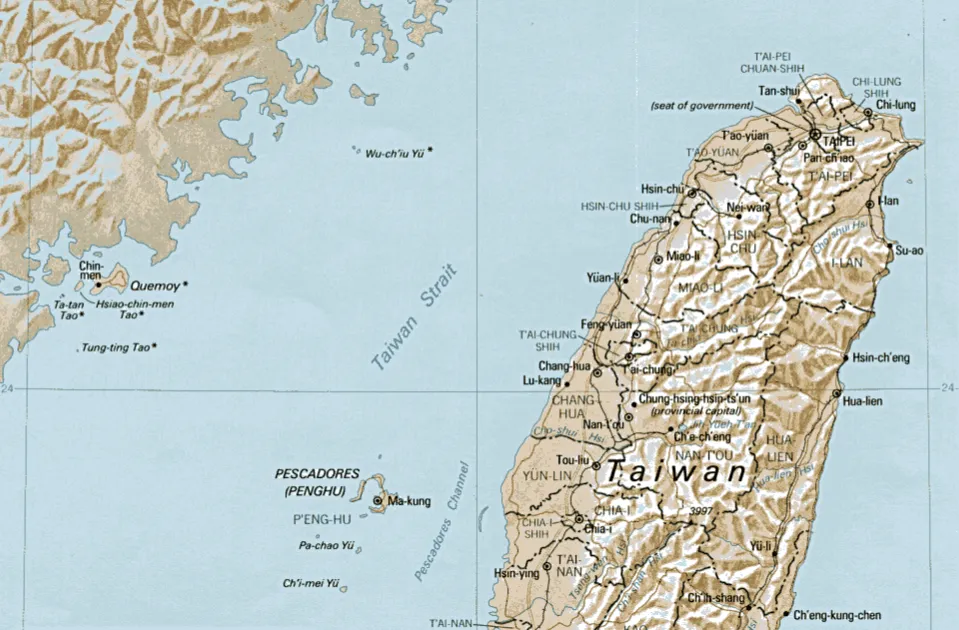Table of Contents
Chris Penk
The BFD is serialising National MP Chris Penk’s book Flattening the Country by publishing an extract every day.
A lack of contact
While the government was attempting to mask its issues providing PPE (yes, pun intended) it soon found that it had another shortfall to cover: contact tracing.
The pattern of over-promising from the podium continued in this respect as well:
Director-general of health Dr Ashley Bloomfield, who on Sunday said the “gold standard” would be reached within the next week, has indicated that increasing the system’s capacity may instead take several weeks.
Leading the charge to secure better contact tracing arrangements was Dr Ayesha Verrall, a professional well placed to know exactly what was wrong:
A tuberculosis specialist, she’d used the country’s contact tracing system to track TB infections. She knew our regionalised health system meant different public health units used completely different data systems. And she’d tried – unsuccessfully – to fix it.
“I knew the gap between what would be required to turn around an outbreak, and where we were, was huge.”
As Stuff.co.nz reported, she found it difficult to make her voice heard on this crucial aspect of disease control:
On March 6, when New Zealand had just four cases, she warned we needed more public health staff to trace contacts. […]
No-one disagreed with her, or told her to shut up, but officials were too busy figuring out complex border control rules.
In early April she felt moved to tweet a rather challenging analogy: “Our contact tracing capacity is a fire extinguisher, we need a fire engine”.
Commissioned to produce a report on the contact tracing regime, Dr Verrall painted a picture that was far from pretty.
As National Party MP Michael Woodhouse pointed out:
Despite Director-General of Health Dr Ashley Bloomfield today describing their contact tracing regime as being good, the report highlights that what the Government has in place is completely lacklustre.
“It shows a system where data collection, reporting and join-up is poor and to this day there is a general lack of timeliness.
Despite being conducted two weeks into lockdown, the report made no fewer than six ‘urgent’ or ‘critical’ recommendations on how to improve New Zealand’s contact tracing ability.
You might have thought that the degree of urgency required would have spurred on the Health Minister and other key players to spring into action immediately. You’d be wrong.
As Woodhouse explains again:
Despite the obvious shortcomings in our contract tracing when compared with Australia being highlighted by Opposition members of the Epidemic Response Select Committee on 14 April, the Government waited over a week to release this report because they knew the contents would be damning. They should have fronted up to what wasn’t working and fixed it.
“New Zealanders have sacrificed a lot to give us the best chance of beating this virus. The Government needs to get things like tracing under control to make sure it’s not for nothing.”
Jabbing and missing
It goes without saying that discovering a vaccine for covid-19 is the Holy Grail for world public health right now.
While vaccines for the regular old flu seem less significant, they’re not unimportant. We know this because the government was at pains to emphasise (quite rightly) that reducing the strain on health providers through lower rates of flu would free up resources for combatting the coronavirus.
Take, for example, this early April press release in the name of Associate Health Minister, Julie Anne Genter, a Green Party MP:
This year’s vaccination campaign is a key component of the Government’s fight against COVID-19 by ensuring vulnerable groups don’t put pressure on the health system by getting sick and in doing so make themselves more susceptible to COVID-19 should they contract it.
But yet again the rhetoric of government ministers was unmatched by the reality of the situation. In another example of excellent investigative reporting, Newshub’s Michael Morrah put it this way:
There also appears to be a massive disconnect with what the public is being told, and what is actually happening on the ground.
The call for our country’s most vulnerable to get flu jabs is a good example.
On March 18, the Health Minister announced a major flu vaccination campaign to ensure hospital beds are available for a possible influx of COVID-19 patients.
So far, so good. But wait, as they say, there’s more:
The Ministry said it had vast stocks of the vaccine – 1.8 million doses to be exact. They would be available to those 65 and over immediately.
“Over the coming days, it became apparent that this campaign simply wasn’t working. Why? Because GP clinics did not have enough of the vaccines, and their access to the vaccine had been restricted to just 60 doses per order.
If the Government is really serious about its so-called “wartime distribution”, they need to start acting like it. Commandeer the courier trucks if needed and get the vaccines to where they’re needed.
Yet again, rather than acknowledge a problem and then commit to dealing decisively with it, our Communicator-in-Chief flatly denied it:
[Ardern] also disagreed with comments made by the New Zealand Medical Association, which this morning said the roll-out of the flu vaccine was a “debacle” and “total disaster”.
Kate Baddock, chair of the association, said the issues with the roll-out of flu vaccine meant her practice went without for 10 days while they had 4000 vulnerable people they needed to vaccinate.
Ardern pushed back on these comments this afternoon.
“I disagree with them on that”, she said.
In a way I admire the chutzpah of any politician prepared to tell the head of the professional association of doctors that she doesn’t know what she is talking about – in her own medical practice, no less – when it comes to vaccines.
Personally, I’d trust a white coat over white lies.
Nothing daunted, the government’s official missive dated 1 May 2020 included the following rather stern order:
Don’t put off routine appointments with your GP for things like immunisations or smear tests
The number of constituents who were getting in touch about vaccination availability continued to rise. They said they’d been unable to get their shots but the Prime Minister would probably have disagreed with them too.
Sometimes it’s hard to know who to believe. Then again, sometimes it’s not, especially when confidential communications from government agencies become available:
The leaked email comes as officials have repeatedly denied we are running out, insisting problems with availability have been down to distribution and not a lack of stock.
The email says the vaccine for children under three is nearly all gone and warns of an overall ‘gap’ in flu jabs before the next shipment later this month.
This was rapidly becoming an issue not just of public health but public confidence. Staff at medical clinics were bearing the brunt of frustration borne of uncertainty:
They hear that on the news or from the Government to say there’s enough stock, where actually there isn’t,” says Ms Grisdale.
The New Zealand Medical Association weighing in saying the public have a right to know what’s happening.
“It would be extremely helpful if the Government were to make a public announcement that if there is going to be a gap -that everybody hears it so that we don’t get abused when we say we don’t have stock for a short period of time,” says the Association’s Kate Baddock.
It wasn’t a one-off misunderstanding, either. The issue re-surfaced again in early May:
Newshub can reveal hundreds of Auckland doctors have been told yet again that stocks of flu vaccines are about to run out.
A message sent to doctors based on advice from the Ministry of Health was sent out just hours after Dr Ashley Bloomfield told the public that everyone can now get the jab.
The revelation has left Kiwi doctors furious.
The instructions for the public were clear from the Director-General of Health at the 1pm coronavirus briefing on Wednesday: “All New Zealanders are now able to get a flu jab, and I would encourage them to do so.”
Ouch.
A vaccine may one day be developed for covid-19. Hopefully that day is not too far away but we don’t know at this stage when it will come, if ever.
We also don’t know how long it might take for stocks of such worth to make their way all the way down to the bottom of world.
If the recent record of government officials on vaccine procurement and distribution is anything to go by, Kiwis may be waiting a while.
Sources:
- newshub.co.nz/home/new-zealand/2020/05/a-complete-debacle-flu-vaccines-about-to-run-out-despite-government-s-claim-all-kiwis-can-get-them.html
- nzherald.co.nz/nz/news/article.cfm?c_id=1&objectid=12326810
- Email from [name of] Private Secretary (Civil Defence) dated 1 May 2020 to various recipients; “COVID-19 Update from the National Crisis Management Centre Friday 1 May 2020”
- newshub.co.nz/home/politics/2020/04/michael-morrah-is-the-ashley-bloomfield-show-as-transparent-as-kiwis-think.html
- beehive.govt.nz/release/more-time-health-workers-and-elderly-get-flu-vaccine
- stuff.co.nz/national/health/121229439/the-story-behind-the-doctor-pushing-for-better-covid19-contact-tracing
- national.org.nz/report_into_contact_tracing_paints_damning_picture
- stuff.co.nz/national/health/coronavirus/121222915/coronavirus-contact-tracing-gold-standard-weeks-away-as-end-of-covid19-lockdown-nears
You can order a signed copy of Flattening the Country for $20 (per copy, including postage and packaging) by:
- sending Chris Penk an email at flatteningthecountry@gmail.com with:
- your name
- your postal address
- the number of copies you’d like (if more than one)
- confirmation of payment; and
- making your $20 payment to:
12-3049-0309758-51
(ASB account of Chris Penk MP)
**Please tell him that The BFD sent you as it never hurts to let the National Party know the power of Conservative media.









